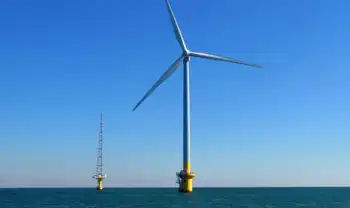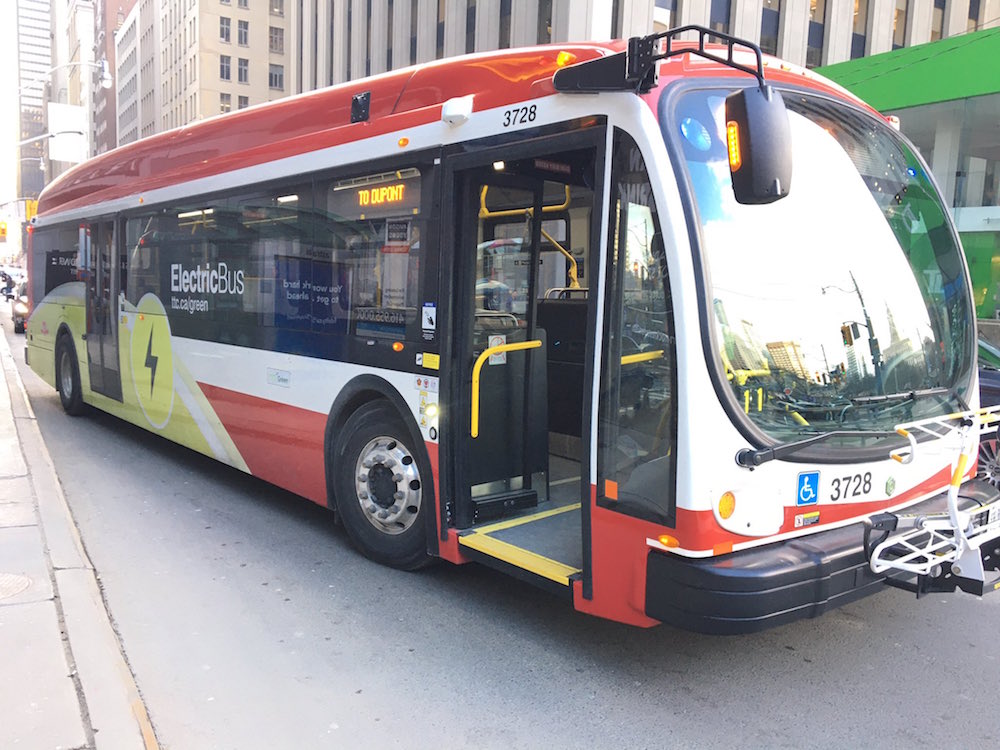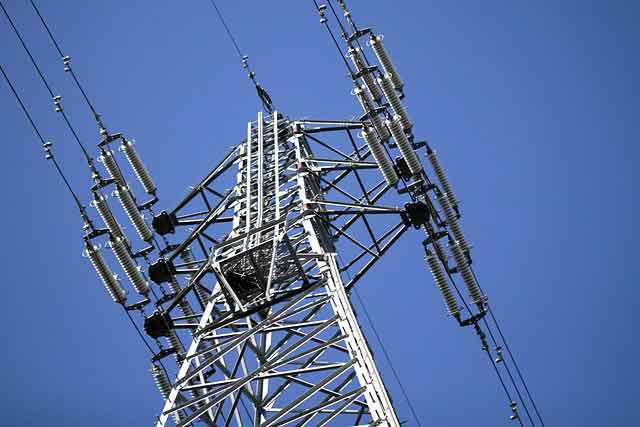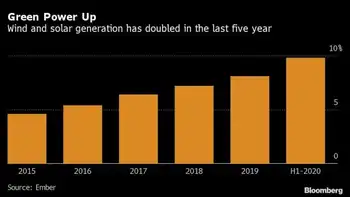Siemens to build environmentally friendly CCGT plant
By Industrial Info Resources
Electrical Testing & Commissioning of Power Systems
Our customized live online or in‑person group training can be delivered to your staff at your location.

- Live Online
- 12 hours Instructor-led
- Group Training Available
The Enecogen 870-megawatt (MW) plant is a partnership between Dutch utility Eneco and Danish utility Dong Energy, and will be located in the Rotterdam Europort area. The plant will be able to produce enough electricity to power an estimated 2 million households.
Siemens has agreed to provide a turnkey CCGT plant that will go live in 2011, with work starting this year. Combined cycle power plants are an increasingly important part of Siemens' environmental portfolio, a portfolio that accounted for revenues of $26.4 billion in 2008 — one quarter of Siemens total revenue. Siemens is also providing the same power-plant technology to U.K. company Severn Power, recently acquired by DONG Energy, Timelkam and Mellach in Austria, Sloe in the Netherlands, Pego in Portugal, Gonyu in Hungary and Malzenice in Slovakia. The 850-MW Severn Power combined cycle gas turbine plant, located in the Uskmouth area near Newport in South Wales, is expected to be operational next year.
Speed of delivery and keen pricing were the key factors in Siemens' winning the contract in the current economic climate. "This project underlines that even in these difficult economic times customers can commit to build such power plants in an open partnership arrangement with a reliable EPC contractor, allowing one to achieve the best schedule and price", said Michael Suess, CEO of the Fossil Power Generation of Siemens Energy. "I'm very happy that Enecogen's specific requirements fit perfectly with our reliable, sound and most environmentally friendly power plant concept."
Kees-Jan Rameau, Member of the Board of Management of Eneco Holding NV commented, "Eneco is committed to strong growth in renewable energy and is consequently investing in highly flexible gas-fired power plants and gas storage to balance our fast growing, more volatile wind power production. During the recent difficult times in the market, Siemens has truly shown its strong commitment to the project and its ability to adjust to rapidly changing market circumstances. This commitment has given us great confidence in the cooperation going forward."
The project will use two trains of the SCC5-4000F 1 S combined cycle power plant, a modular solution that Siemens claims will "adapt to customer needs and site requirements" and which boasts short start-up times and high ramp rates. Each train will comprise one SGT5-4000F gas turbine, one SST5-5000 steam turbine, one hydrogen-cooled generator, the entire mechanical equipment, and the electrical and instrumentation and control systems. All three main components are arranged on a single shaft, while a synchronous self-shifting clutch is installed between the generator and steam turbine.
"With low NOx emissions of less than 10 ppm and a plant efficiency of more than 59%, the two gas-fired plants will be the most environmentally friendly recently built commercially in Europe," said Lothar Balling, CEO of Energy Solution Business Europe of Siemens Fossil Division. "Since the development of this plant concept in the mid-90s and the introduction of this plant concept in 1994 in Kings Lynn (UK), almost 80 of these single-shaft trains have been sold worldwide. Today, there are 43 units in operation and a further 35 units under construction, especially in Europe, which demonstrates its capability to meet the European market demand."
Siemens will work with major sub-suppliers NEM (for HRSG), BAM and other Dutch civil partners to get the plant up and running in less than 30 months.














